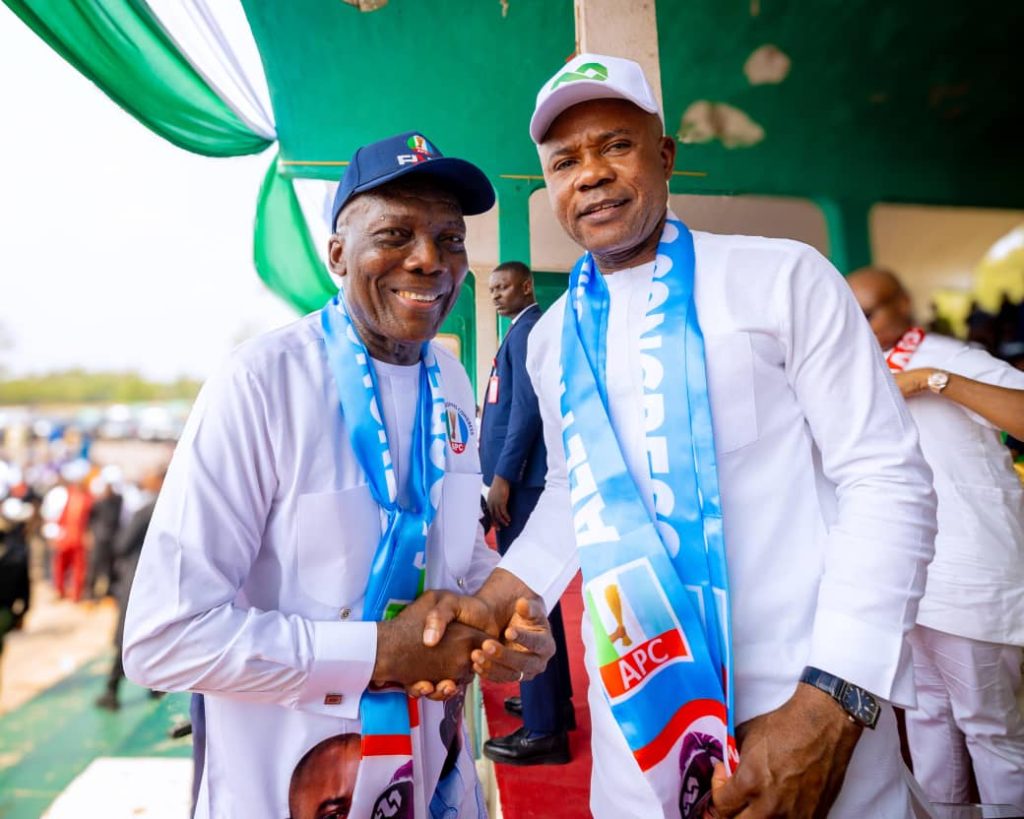Nigerian music icon Olamide, renowned as a rapper and founder of the influential YBNL Nation record label, recently opened up about the contrasting demands of his dual roles in the industry. During an interview with popular YouTuber Korty EO, the artist-turned-executive revealed that navigating the business side of music has proven less challenging than his time spent performing, attributing this to his deep familiarity with the creative process.
“It’s far easier for me to function as a music executive than as an artist,” Olamide stated, explaining that his firsthand experience as a performer grants him unique insight into the emotional and psychological needs of the talent he mentors. “I understand how creatives think, how we perceive situations. I recognize when someone is in their creative zone, when they’re on the edge of frustration, or when the rush of fame and success starts affecting their judgment.” His remarks highlight a pragmatic approach to leadership, emphasizing empathy and self-awareness: “I try not to take on more than I can manage.”
The conversation also touched on longstanding debates about genre boundaries, particularly the trend of rappers exploring melodic styles. Dismissing rigid categorizations, Olamide asserted, “You can’t limit me to being just a rapper—music itself is my passion.” This declaration aligns with his career trajectory, which has seen him seamlessly blend rap with Afrobeat, street pop, and other genres over his 13-year reign in Nigeria’s competitive music scene.
As the architect of YBNL Nation—a label credited with launching stars like Fireboy DML and Asake—Olamide’s dual expertise has reshaped industry standards. His ability to spot talent and foster creative growth while maintaining artistic credibility offers a model for bridging the gap between corporate oversight and artistic freedom. The interview underscores a universal theme in global entertainment: the value of leaders who remain grounded in the realities of creative work, even as they navigate boardroom responsibilities.
The discussion arrives amid growing conversations about mental health and sustainability in creative industries worldwide. By candidly addressing the pressures artists face—from the seductions of fame to the volatility of inspiration—Olamide’s insights resonate beyond Nigeria’s borders, reflecting challenges familiar to talents and executives across genres and continents. His perspective reinforces the idea that adaptability, whether in artistic expression or career evolution, remains key to longevity in an ever-changing industry.



